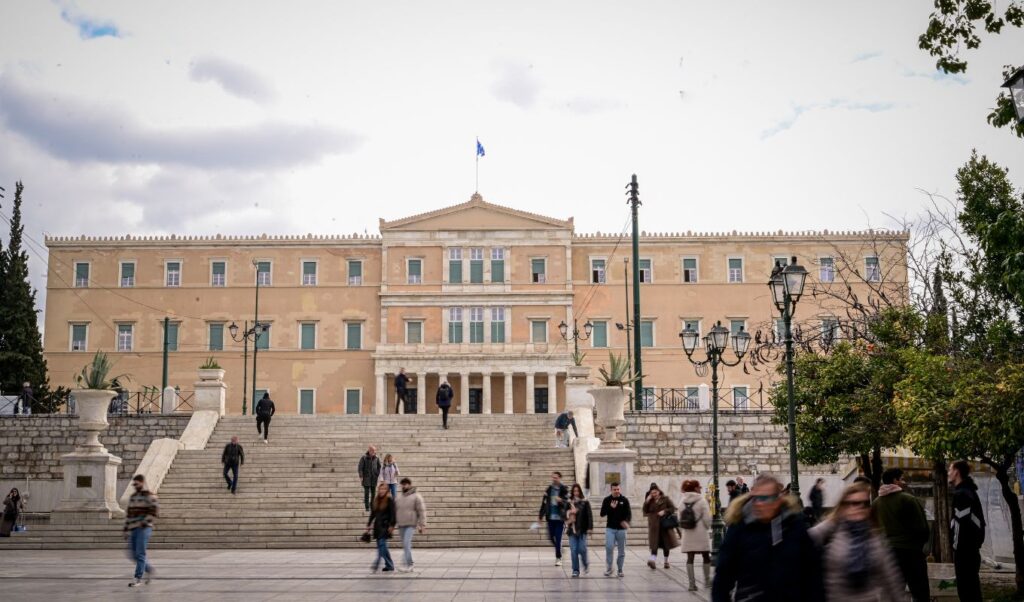While citizens appear to be seeking an alternative political solution, according to the GPO poll for “Parapolitika,” the potential parties of Alexis Tsipras, Antonis Samaras, and Maria Karystianou show no impressive increase in their polling numbers. On the contrary, the potential parties of the two former prime ministers have shown steady percentages since last September among both declared supporters and potential followers, while Maria Karystianou’s appears to be losing ground.
This development is obviously due to recent events involving Nikos Karachalios and the KYMA party he announced, as citizens realized that scenarios about party formation by the head of the Tempe Victims’ Relatives Association have substance. Clearly, the entire situation disturbed citizens, as those who considered all this mere speculation distanced themselves from Maria Karystianou after the public “confrontations.”
Notably, the head of the Tempe Victims’ Relatives Association registers a 9.5% strong probability for support, with potential votes extending to 10%, totaling approximately 19.5%. However, 26.1% consider the establishment of a party by Maria Karystianou beneficial. Similarly, 26.5% consider the establishment of a party by Alexis Tsipras beneficial for the country and citizens, and 17.4% for Antonis Samaras.
In potential voting, which essentially reveals the reservoirs and limits of parties under formation, 8.3% declare they would very likely support Alexis Tsipras, while 10.5% declare it quite likely. The corresponding percentages for Antonis Samaras are 2.2% plus 6.3%.
Obviously, things are ambiguous for Alexis Tsipras, as some believe his book could give him a higher percentage than the 18.8% he currently holds, while others think he will lose some of his certain voters, given that the book generated much discussion around the issues he addressed.
Antonis Samaras, on the other hand, appears to be waiting for the continuation of New Democracy’s internal elections, as government party officials attribute party members’ abstention from internal elections to the former prime minister’s hyperactivity in the provinces.
According to the poll data, citizens appear pessimistic and seeking alternative solutions. Specifically, the climate of pessimism and uncertainty remains dominant for more than 3 out of 4 citizens, with 42.8% stating they manage to cover their needs with difficulty, 13.8% unable to cover all their needs, and 6.6% appearing unable to serve even basic needs.
Due to this situation, the vast majority, at 71.2%, desires governmental and political change, without, however, having yet found the vehicle that could massively express this demand for change.




